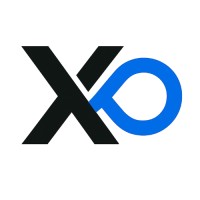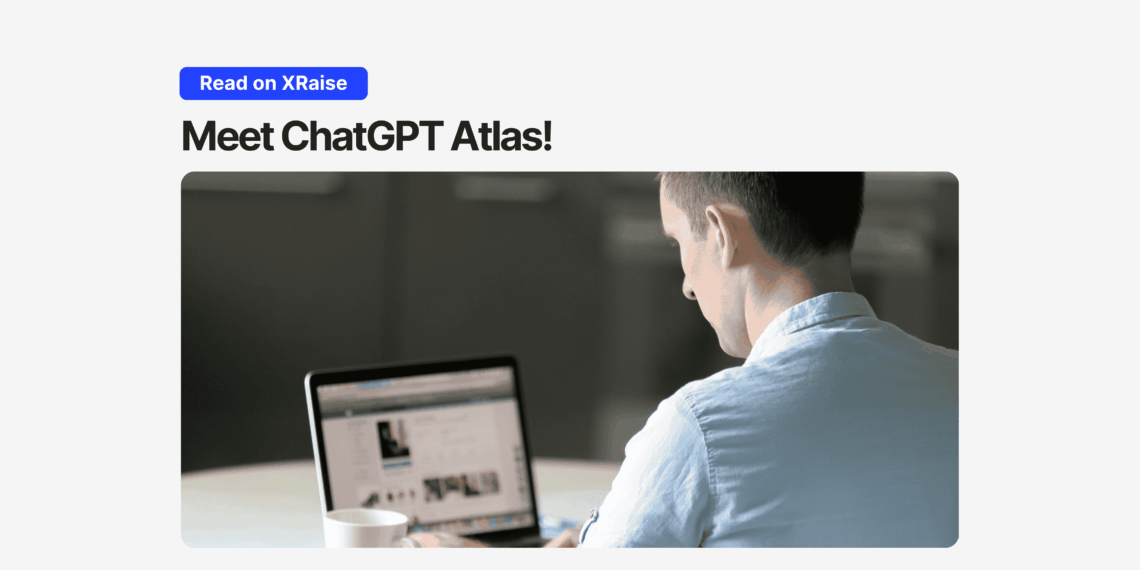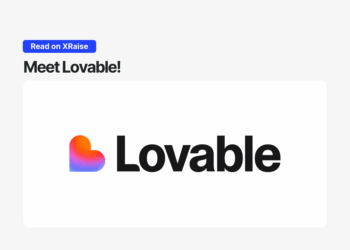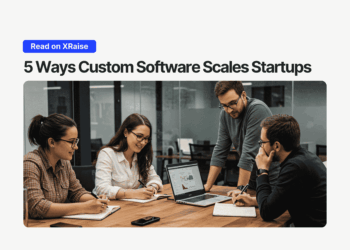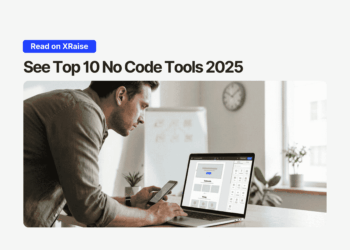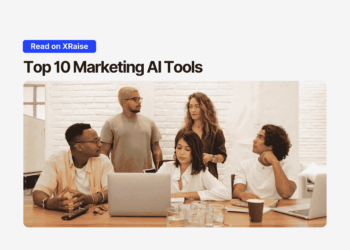OpenAI has unveiled ChatGPT Atlas, a bold new step in how we interact with the internet.
Atlas isn’t just a browser, it’s an AI-powered companion that comes with you anywhere on the web. As OpenAI described in its official announcement, “Atlas helps you right in the window where you are, understanding what you’re trying to do and completing tasks for you, all without switching tabs.”
For founders, operators, and builders who live inside browsers daily, this could be transformative.
No more jumping between ChatGPT, Notion, and Google Sheets to synthesize information. Atlas merges that workflow directly into the browsing experience.
It’s now available on macOS, with Windows, iOS, and Android versions coming soon, signaling OpenAI’s intent to make Atlas the core of everyday digital productivity.
Explore Startup Perks on XRaise and discover how tools like ChatGPT Atlas can integrate into your stack.
Why ChatGPT Atlas Matters: The Next Evolution of AI Browsing
For years, productivity tools have existed as separate layers, browsers, chatbots, and automation platforms living apart. ChatGPT Atlas changes that by merging them into one intelligent workspace.
By embedding GPT-powered intelligence directly into browsing, OpenAI’s new AI browser makes AI ambient, it understands the site you’re on, the form you’re filling, or the document you’re reviewing, and acts right within that context.
This shift signals something bigger: the browser is no longer just a window to the web. With ChatGPT Atlas, it’s becoming the workspace itself, guided by adaptive AI that remembers, assists, and learns continuously.
For startup founders, that evolution is crucial. Atlas represents the first real step toward autonomous, context-aware interfaces, a field already explored by tools like Arc, Perplexity, and Microsoft’s Copilot. But OpenAI’s launch of ChatGPT Atlas pushes this concept into the mainstream.
If 2023 was the year of “AI assistants,” 2025 is shaping up to be the year of AI browsers, led by ChatGPT Atlas.
Read more in Latest Startup Trends to see how contextual AI is redefining software usability.
Key Features
OpenAI’s new browser builds on the foundation of ChatGPT’s intelligence, but with deeper integration.
Here’s what makes Atlas different:
| Feature | What It Does | Founder Benefit |
|---|---|---|
| In-window assistance | Helps you right where you are — summarizing, rewriting, or automating tasks inline. | Eliminates context switching; saves cognitive load. |
| Built-in ChatGPT memory | Remembers previous prompts, preferences, and business details. | Enables ongoing, personalized productivity over time. |
| Cross-site understanding | Detects what you’re doing across tabs or tools. | Works seamlessly during research or data collection. |
| Universal access | macOS today; Windows, iOS, and Android coming. | Device-agnostic workflows for founders and teams. |
In practice, Atlas could summarize investor decks on a Notion page, draft follow-up emails from a CRM, or even auto-fill pitch competition forms, without leaving the browser window.
OpenAI’s emphasis on privacy-first memory is also notable. Users can review, edit, or delete stored details anytime, reflecting OpenAI’s ongoing focus on transparency as memory features expand.
ChatGPT Atlas vs. Copilot, Arc & Perplexity: What’s Different
AI browsing isn’t new, but OpenAI’s entry changes the field.
| Browser | Core Value | AI Integration | Ideal For |
|---|---|---|---|
| ChatGPT Atlas | Fully integrated AI workspace | Deep GPT-5 contextual memory | Founders, researchers, creators |
| Microsoft Copilot | Web search & doc summarization | Bing + Office suite overlay | Knowledge workers |
| Arc Browser (The Browser Company) | Visual organization + AI boosts | Basic AI features via integrations | Designers, creatives |
| Perplexity | Conversational search engine | AI query interface | Research & discovery |
Unlike Perplexity or Copilot, Atlas acts on the web you’re already using, rather than pulling you into a separate search experience.
It’s ChatGPT meeting Chrome, without the middleman.
For founders who already rely on GPT-based workflows, this reduces the friction between thinking, researching, and executing.
Explore more AI Tools for Founders that complement Atlas in daily operations.
How Startups Can Use ChatGPT Atlas for Research and Workflow Automation
The implications of ChatGPT Atlas for startups are massive.
Atlas could become a default interface for founders juggling information across 10+ tabs, from investor research to product roadmaps.
Here are five practical ways startups can use Atlas today:
- Market Research: Auto-summarize competitor sites, funding reports, or accelerator listings (like Accelerator Programs) in-context.
- Outreach: Draft cold emails, segment contacts, or update CRMs directly inside web dashboards.
- Documentation: Generate and format SOPs, meeting summaries, or investor briefs while browsing docs.
- Recruiting: Screen candidates or summarize LinkedIn profiles instantly, no copy-paste needed.
- Funding Applications: Autofill forms using stored startup data and memory features.
These aren’t futuristic ideas, they’re near-term use cases.
Startups already using GPT workflows (through plugins or APIs) will find Atlas a native upgrade to their daily browser stack.
And because Atlas inherits ChatGPT’s memory architecture, it can recall details like your company description or last quarter’s metrics, reducing redundancy in routine tasks.
Why ChatGPT Atlas and AI Browsers Are the Next Big Thing
The bigger trend here is AI-native interfaces.
OpenAI’s move with Atlas suggests that productivity software will soon revolve around context and continuity, where tools understand your intent, not just your input.
Other players are converging on this space too:
- Perplexity is betting on AI search with factual grounding.
- Arc is experimenting with adaptive interfaces.
- Microsoft continues embedding Copilot across every surface.
But Atlas introduces something foundational: a persistent, memory-driven web assistant that stays with you everywhere.
It’s no longer just about asking AI, it’s about collaborating with it in real time.
For startups, this means less time orchestrating tools and more time executing strategy.
The browser, the hub of every digital business is becoming intelligent.
Explore more AI tools via XRaise
ChatGPT Atlas marks a major milestone in OpenAI’s roadmap.
It blends conversation, context, and continuity into a single browsing layer and sets a precedent for how the next generation of founders will work.
In 2025, startups that adopt AI browsers early will have a measurable edge in speed, research quality, and operational efficiency.
If you’re building lean and want your workflow to scale intelligently, Atlas deserves a place in your toolkit.
Want to access exclusive startup perks and funding?
Learn How to Apply for Startup Credits and save on tools that supercharge your growth.
